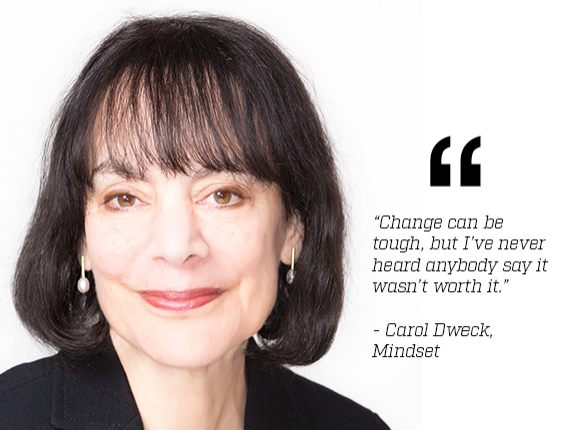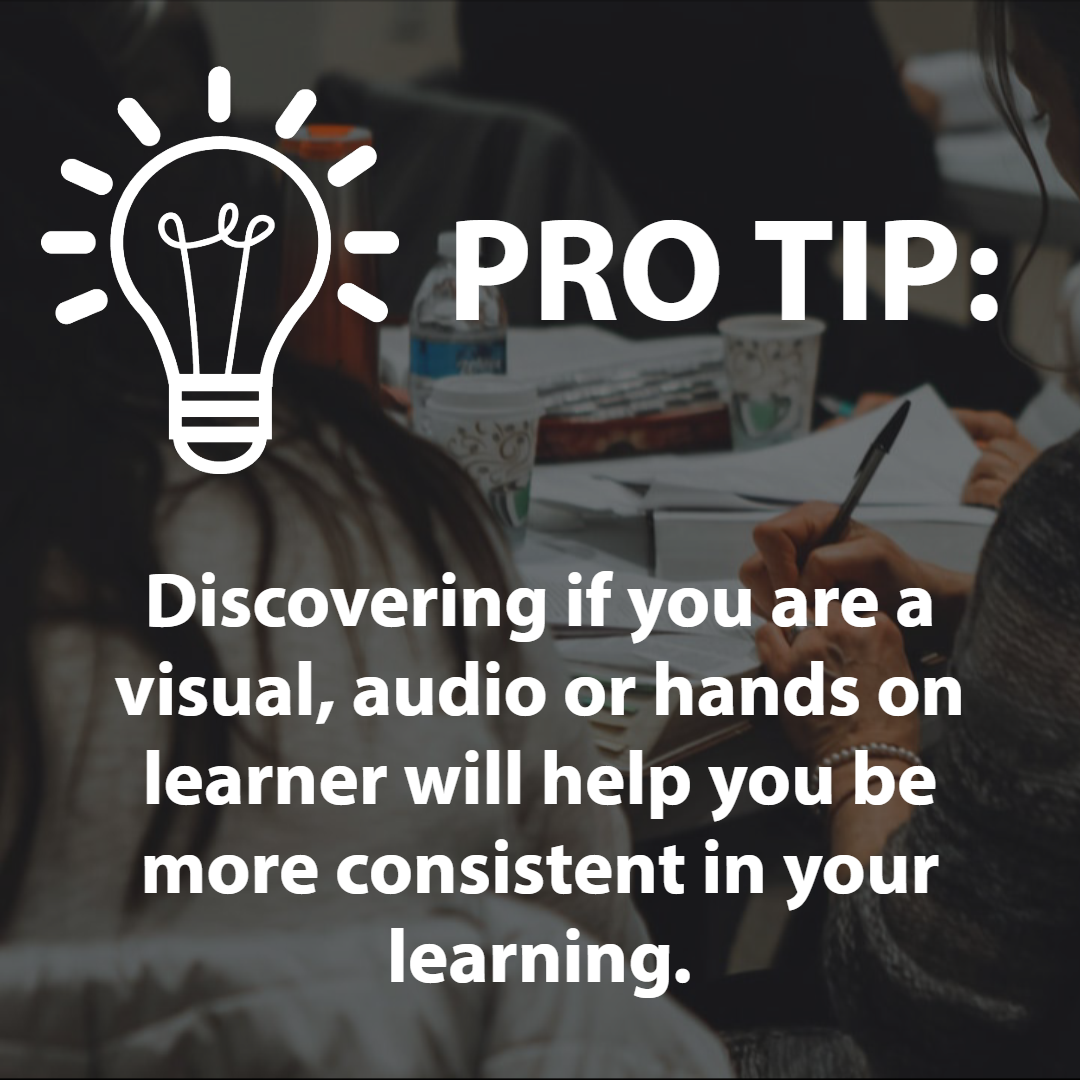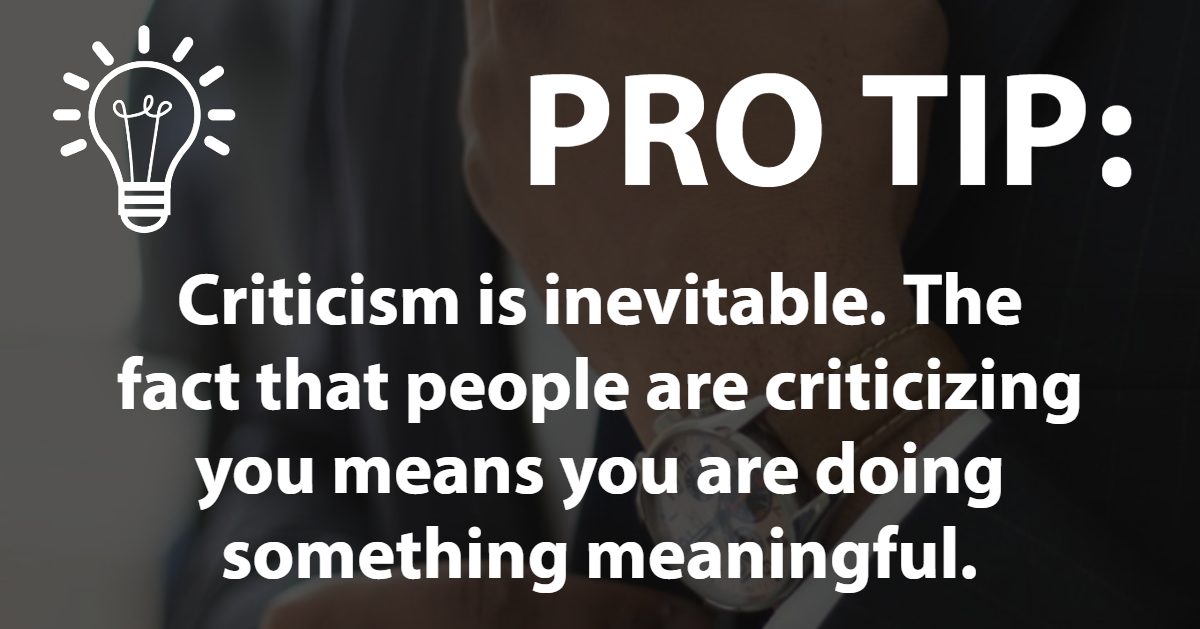A fixed mindset is the idea that people are born with fixed traits and talents. They operate with the idea that there is a fixed amount of intelligence. People with a fixed mindset are embarrassed when they don’t perform like they want to or when they’re rejected or excluded. These types of people can feel ashamed of their failures and feel like they’re not the person they want to be.
Professor Carol Dweck looked into the concepts of mindsets when she noticed the differences in the ways people tackle failure and challenges, while studying the psychology of success. She narrowed the mindsets down to two different types: fixed mindsets and growth mindsets.

The goals for people with fixed mindsets differ from those with growth mindsets. People with fixed mindsets value looking intelligent and not expending extra effort on projects. When faced with setbacks, they give up, and overall, their academic and work performances are lower than those with a growth mindset.
What does it mean to have a growth mindset?
A person with a growth mindset believes that talents can be developed through learning and evaluation. Individuals who possess a growth mindset are less focused on being positioned as experts or looking intelligent. Instead, they put their energy into consistent learning. They maintain a student mindset, and they thrive on challenges. Some people naturally have a growth mindset, but even if you don’t, you can develop one.
While a growth mindset can be cultivated, it’s not easy. We all have fixed-mindset triggers that lead us to feeling inadequate and insecure when we encounter things that are difficult or when we receive negative criticism, especially when those criticisms come from our workplace. A workplace that relies on the concept of talent makes it even harder for someone to shift their mindset from fixed to growth.
Shifting your mindset from fixed to growth can be a difficult road, but in the long run, this mindset shift will lead to more success.
Let’s talk about how to transform your mindset.
6 Tips for Shifting from a Fixed Mindset to a Growth Mindset
1. Acknowledge your weaknesses. No one’s perfect, which means everyone has weaknesses. A person with a fixed mindset doesn’t want to think about what their shortcomings may be. However, to shift to a growth mindset, it’s important to recognize and accept things that could be perceived as weaknesses. The main reason for this is because you can’t change if you don’t acknowledge that there is a problem. For example, if you’re a chronic procrastinator, it’s important to recognize this tendency, so you can develop ways to avoid this pitfall, such as breaking tasks into smaller projects or establishing external rewards.
2. Prioritize learning over everything else. Perhaps not everything, but placing learning as a necessity in your life is important. Instead of worrying about how others perceive you and your intelligence, shift your focus from external motivators to internal motivators. Place bettering yourself in the category of things you do for self-care. This means devoting time to learning every day, whether it’s five minutes in the morning or digging into new self-help book right before bed.
3.Know how you learn best.There are many different learning styles, and it’s important to know your own. It can take some time to understand the nuances of your own, unique learning style, but once you figure it out, learning will be easier and more enjoyable. Sometimes a fixed mindset or a defeatist attitude has come from not fully understanding the best way for you to take in information, meaning if you’re not a person who enjoys sitting at a desk all day, then taking classes where you’re required to sit at a desk all day isn’t going to serve you. There are a plethora of quizzes and books on learning styles, and if you do not have an inkling of how you learn best, investing in one of these books is an investment in your future successes.


6. Never stop learning. Maintain a childlike curiosity about the world. With so much to discover in this world, you will never be completely finished learning. Even if you finish one class, one book, or one project, it doesn’t mean you’ve learned everything you can on a subject. Growth-minded people create new goals and new projects to immerse themselves in topics that interest them, and they never feel like they know it all.
People can apply fixed or growth mindsets to different areas of their life. For example, most people have a fixed mindset when it comes to creative fields, while they more readily employ a growth mindset to academics. A growth mindset can be initiated in both instances, but it all starts with reframing your self-talk.
A good exercise in shifting from a fixed mindset to a growth mindset is to reconsider phrases you have accepted about yourself. Have you said, at some point, that you can’t draw? It’s okay if you have, but this is a fixed-mindset statement. Instead of treating drawing as an all-or-nothing thing, try phrasing it differently. Phrases such as “It may take me awhile to get better at art, but I am excited to work hard” or “It’s going to take time and effort for me to improve my drawing skills” are examples of how you can rephrase negative self-talk into something positive.
With new phrases, you can use these six tips to shift your mindset and accomplish anything you have ever wanted to do!

Recent Comments